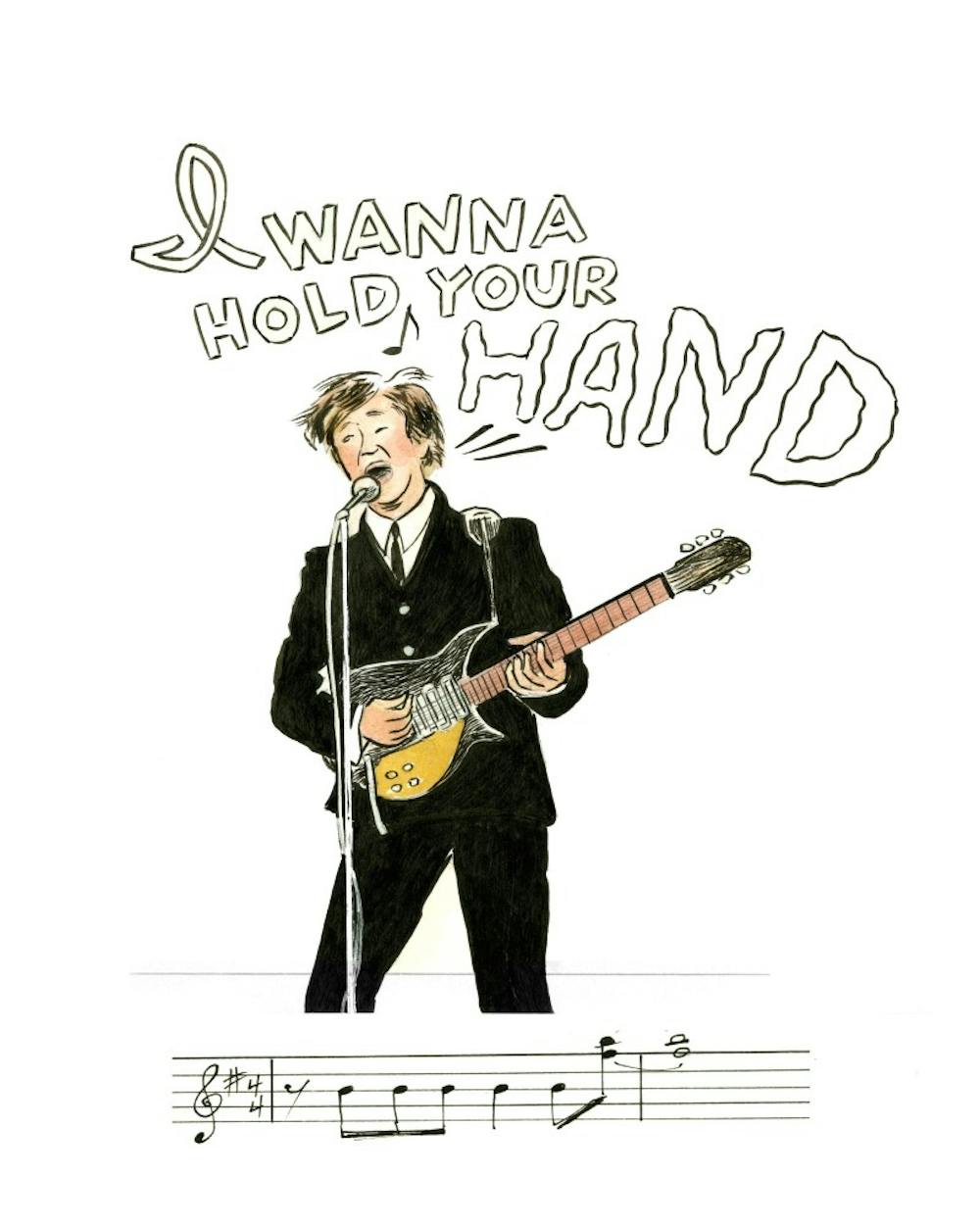On April 16, the Center for Visual Arts will host award-winning cartoonist Carol Tyler at Arellano Theatre. Tyler’s visit to campus comes in advance of the publishing of her latest graphic novel Fab4 Mania, which will be released through Fantagraphics in June of this year. In anticipation of her upcoming visit, The News-Letter spoke to the artist, discussing her life, work and the confluence of the two.
Tyler began cartooning over 40 years ago, drawn to the idea of accompanying her visual work with written narrative. “As an undergraduate doing painting, I always had stories behind my pictures,” she said. For her, cartooning was a way to connect the two mediums.
Despite this, Tyler is hesitant to write in prose, although she has been tempted before. The artist said that during her childhood, she wasn’t particularly interested in reading. Nonetheless, she would later combine her talent as an artist with a narrative ability, as shown through her career in cartooning.
“It’s very clear in my head how I want something to be said and perceived,” said Tyler. She also noted that that clarity might not necessarily translate itself into prose.
Tyler’s work is largely autobiographical, drawing from her own experiences as well as those of loved ones.
“It all stems from wanting to tell people about things I’d noticed. You’ve got to remember there was no Facebook, no social platforms or anything like that, so I just turned to expressing it through words and pictures,” she said.
Yet the term “autobiographical” is perhaps not as simple as it seems. Tyler was quick to emphasize the creativity inherent in telling one’s own story. Retelling fact, especially in an artistic medium, is never without an interpretive quality.
“Art and literature allow for the artistry and the interpretation to make that shape without really departing from [it],” Tyler said.
Her most well-known work, the You’ll Never Know series, tells the story of her father’s traumatic experiences in the Second World War and the impact those memories had on both his and his daughter’s life. You’ll Never Know received critical claim and won Tyler a number of Eisner Award nominations, as well as praise from NPR and the Los Angeles Times. Iconic cartoonist Robert Crumb has expressed his love for Tyler’s work, even writing an introduction for her book Late Bloomer.
The author spoke about how difficult the series was to write, mentioning specifically the third installment of the trilogy, Soldier’s Heart.
“Soldier’s Heart was a very weighty book. It took me a long time — 10 years — to get done with,” Tyler said.
Soldier’s Heart was preceded by A Good and Decent Man and Collateral Damage, released in 2009 and 2010, respectively.
After finishing the final installment of the You’ll Never Know trilogy and following some personal tragedies, Tyler rediscovered the journal she kept as a teenager. The author said that the discovery was something of an awakening for her, a reconnection to a past self she had not seen in some time. In that journal and other writings from her youth, Tyler found the inspiration for her forthcoming book, Fab4 Mania.
“I mashed up all my 13-year-old raw material, and it’s been very uplifting. It was like a gift I got from a time that was a lot less intense,” Tyler said.
The book, when contrasted to some of her past work, seems to be something of a departure for her. It centers around the life of a young Tyler in the weeks leading up to a Beatles concert in August of 1965.
Tyler said that writing process was a pleasure.
“It just became so fun and easy because I didn’t have to be sophisticated; I wasn’t when I was thirteen,” she said.
Yet cartooning, like any other career, has its challenges. Tyler said that she sometimes finds herself struggling to be at peace with her work.
“I’m driven by this thought that I have to work, that I have to do this; it’s not a pleasant thing. When you do art, there’s always that will,” she said.
Some of that drive comes from her parents, particularly her father, who she said, “was driven until the day he died.” But perhaps in the face of this intensity, she does love what she does. Tyler was never certain about what she wanted to be when she was growing up, but in cartooning she has a profession through which she can express herself creatively and autobiographically.
Tyler’s “illustrated talk” will start at 5:30 p.m. in Levering Hall’s Arellano Theatre. There is no admission fee, and the event is open both to Hopkins affiliates and the public.
Correction: The headline for this article originally spelled Carol Tyler’s name as “Carol Taylor.”
The News-Letter regrets this error.





